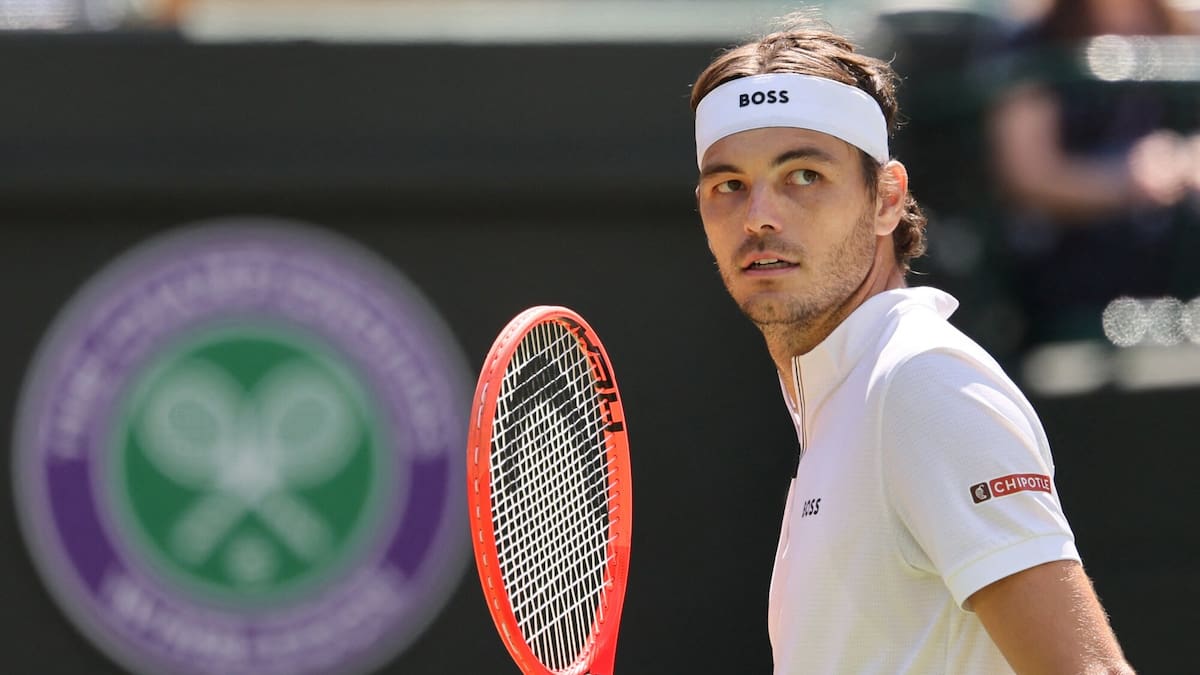Wimbledon Chaos: Who Shut Down the AI? Officials Remain Tight-Lipped After Tech Glitch Costs Russian Player Crucial Point

The All England Club is reeling from a bizarre incident at Wimbledon, as a crucial point was missed due to a sudden and unexplained shutdown of the Hawk-Eye AI system. The controversy unfolded during a match, leaving fans and players questioning the reliability of the technology and the transparency of the officiating process.
The glitch occurred during a pivotal moment, resulting in a point being incorrectly awarded, ultimately impacting the Russian player’s chances. The incident sparked immediate outrage and calls for an explanation as to how such a sophisticated system could fail, and – crucially – who was responsible for its deactivation.
However, the All England Club’s Chief Referee has refused to disclose the identity of the operator who inadvertently (or otherwise) switched off the AI technology. Repeated questioning regarding the possibility of accidental activation – perhaps a button press or a brush against a control panel – yielded no concrete answers. This lack of transparency has only fueled speculation and frustration amongst commentators and tennis enthusiasts.
“It’s incredibly frustrating,” stated one prominent tennis analyst. “Hawk-Eye is supposed to be the gold standard for line calling. To have it fail like this, and then to have officials unwilling to shed light on what happened, it undermines the integrity of the tournament.”
The incident raises serious questions about the protocols in place for managing the AI system, including the level of access granted to different personnel and the safeguards against accidental or unauthorized deactivation. While officials maintain that the shutdown was unintentional, the lack of a clear explanation leaves a lingering sense of unease.
The umpire involved in the disputed point has been stood down from further matches, but the focus remains on uncovering the truth behind the technological failure. The All England Club faces mounting pressure to conduct a thorough investigation and implement measures to prevent similar incidents from occurring in the future. The reputation of Wimbledon, known for its tradition and precision, is on the line.
Beyond the immediate impact on the affected match, the incident has broader implications for the use of AI in sports. It highlights the potential vulnerabilities of relying on technology and the importance of robust oversight and transparency in its implementation. The Wimbledon debacle serves as a cautionary tale for other sporting bodies considering similar technological advancements.
As the tournament progresses, all eyes will be on the All England Club, awaiting a more detailed explanation and assurances that the integrity of the competition will be upheld. The question remains: who pressed the button, and why hasn't their identity been revealed?






